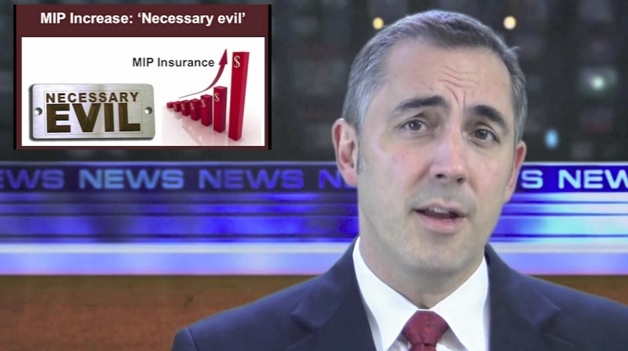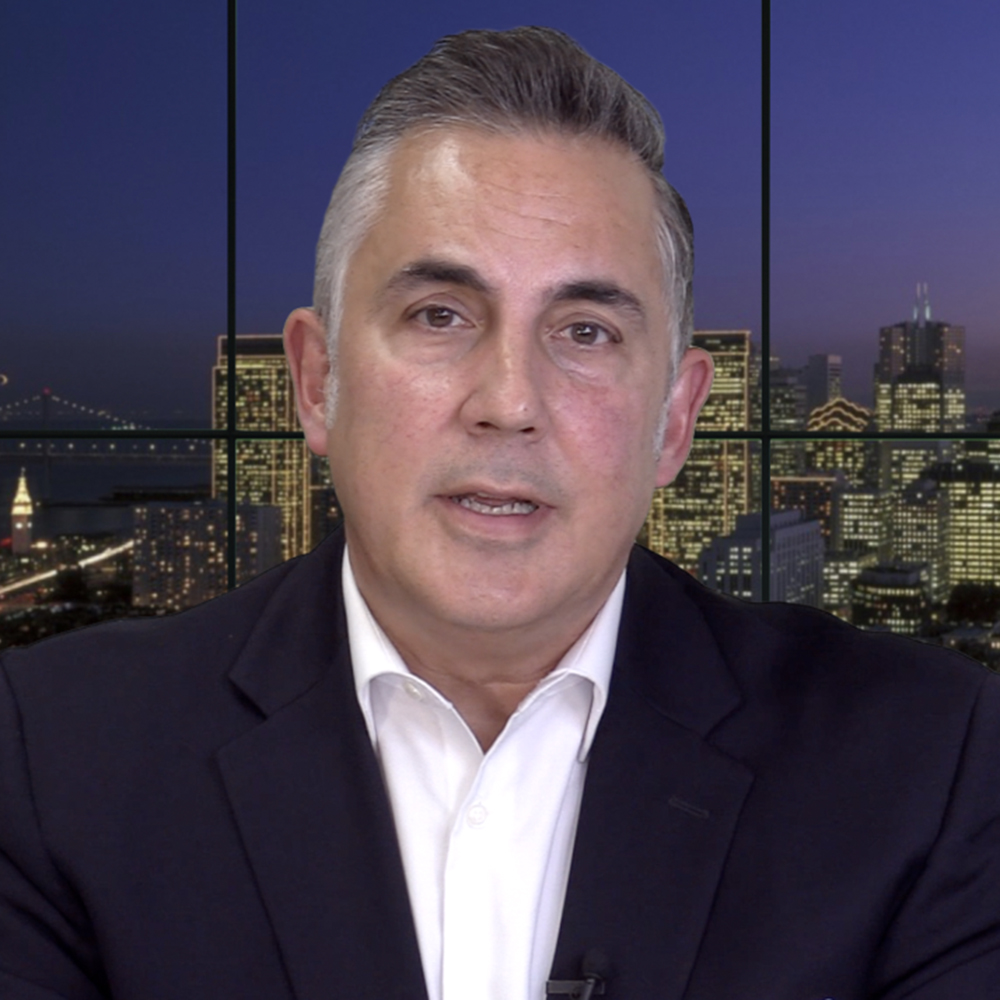Editor in Chief: HECMWorld.com
As a prominent commentator and Editor in Chief at HECMWorld.com, Shannon Hicks has played a pivotal role in reshaping the conversation around reverse mortgages. His unique perspectives and deep understanding of the industry have not only educated countless readers but has also contributed to introducing practical strategies utilizing housing wealth with a reverse mortgage.
Shannon’s journey into the world of reverse mortgages began in 2002 as an originator and his prior work in the financial services industry. Shannon has been covering reverse mortgage news stories since 2008 when he launched the podcast HECMWorld Weekly. Later, in 2010 he began producing the weekly video series The Industry Leader Update and Friday’s Food for Thought.
Readers wishing to submit stories or interview requests can reach our team at: info@hecmworld.com.









8 Comments
With values having plummeted in the past three years with no end in sight my solution may not be workable. But here it is:
At closing; prepay both the taxes and the insurance for a full year in advance. Current taxes may not have been paid, so that reduces further the amount of cash the borrower would receive.
Set up: A monthly escrow account automatically drawing the 1/12th amount each and every month. Burdensome ? Yes, but the lenders would stay clear of holding loans on which the borrowers have defaulted. Could the borrower circumvent this solution ? Yes. But, as an old attorney friend used to say, “contracts only keep honest people honest. The immoral or the crook will always find a way to cheat.”
Impound accounts were always a good idea to me. I wish we could do that on the reverse as well and not sure why we haven’t. I am sure it was good reason tho
I think that an “impound” account should be set up at the beginning, however for a “shorter” term since mortrgages are usually paid off much sooner than seemingly anticipated. Also, maybe a 2nd mortgage should be allowed only for “T&I ” either via an “impound” account OR when they need to pay the “T&I” they can create the account for the temporary solution. Since the HECM leaves equity, perhaps the flexibility of a “second” mortgage could be worked out. JUST SOME IDEAS & THOUGHTS!!
As a condition of the loan, borrower must set up automatic payments to be made to receiver of taxes and insurance carrier from borrower’s checking or savings account: (monthly payments would be best to keep steady balances).
We seem to have 2 issues here. The first is the purpose of the upfront MIP and the second is the lender’s risk for tax and/or insurance default. MIP currently at 2% of value should more than cover lender’s loss due to declining property values over the projected life of loan. If the HECM provides for escrow impound for taxes and insurance, then a reduction in MIP would become an incentive to the borrower. Lenders can’t have it both ways.
If the borrower is presently behind on their taxes and/or insurance lenders should require all both to be paid in full at closing. Then set up an escrow account for the second year where the borrower funds it via a direct debit from their checking account. In the next two months social security recepients will be required to have their checks directly deposited (No more checks by mail) so there is less chance of the borrowers not making the required payments to the escrow accounts.
One currently can opt for an impound account in a reverse mortgage. It is available. The problem is that unlike in the forward world wherein they take 1/12th of the annual amount each month, in the reverse world, they take several years worth in advance lump sum at closing. I’ve heard up to 7 years worth of taxes and insurance up front. It may be lender specific.
If a senior is doing a reverse mortgage because they need the money to balance their monthly budget, they won’t be able to afford an impound account the way it is set up currently (7 years in advance).
Monthly payments won’t work either with a Fixed reverse since all the lenders require full lump sum distribution at closing.
With the new MIP charges being levied monthly at a ridiculous 1.25% and 2% upfront for the Standard program, I believe FHA has more than enough money to cover any T&I shortages; assuming, of course, that they don’t use the money for something else and assuming they stop offering forward mortgages to shaky borrowers with low FICO scores, questionable histories and only 3.5% down. It seems like they are coming down hard on reverse mortgages and seniors (with a low history of default) to make up for leaving the back door open in the forward world for questionable loans.
Thank you for allowing me to express some ideas. Perhaps with this freedom somebody may come up with a good solution……..Carl